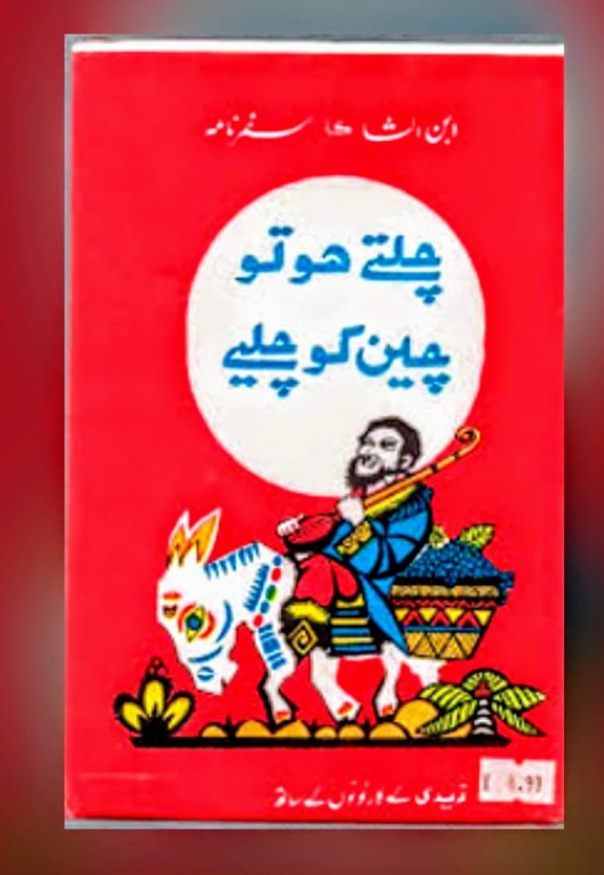This morning, I have finished listening to the reading of Ibn-e-Insha’s travelogue of China: چلتےحوتو چین چلیے (Chalte Ho to Chin Chaliye) on Storytel. The travelogue is written in the late 60s when Mao Tse Tung and Zhou En Lai and other early leaders of the revolution were still alive.
Insha lavishly praises red revolution and condemns the nationalists’ forces. The communist states in the 50s and 60s (it went on till the end of Soviet) used to invite the writers, artists, poets, scientists to their countries for showing the transformation of their societies. The Indians got regular invitations from Soviet Russia and Eastern European states. Pakistanis were invited by China. 
In the travelogue, Insha heaps praise on China. He seems to have been well paid by Chinese hosts. It is an outrightly commissioned work. That said, an important work in Urdu and South Asian literature, as there is very little written about China of those times, in first person narrative.
Insha reflects on the eccentricities of the fellow travellers. He talks about the obsession of Pakistanis to prove their Muslimhood to the world, especially when they are travelling. The Pakistanis who don’t know how to offer Namaz never went near the mosque, will learn how to pray, so that they can pray in the foreign mosques, especially in communist states.
While looking at China, Insha compares it to the making of Pakistan. He celebrates the commune system in China, how it has generated work for men and women, provisioned childcare. He mentions that even though Soviet Russians of the 60s have dumped Stalin, he is still respected in China.
The simplicity of Chinese leadership is applauded. He went to state that the communists were liberating forces for Muslim communities like Uighurs. The Chinese officials parade few Uighurs, who worship Mao as their saviour and with that Insha glorifies the communists for their vision to bring in diverse nationalities. It was a travelogue written in the 60s. I wonder what Insha would have said, if he was alive today, after the cultural revolution, Tiananmen square, economic reforms, concentration camps of Uighurs and brutal repression of Tibetans.
In its content, Insha’s Chinese travelogue is very similar to Balraj Sahni’s travelogue of Russia: (My Russian Travelogue) and as the Russian travelogue, Chinese travelogue, irrespective of the fact that it is a commissioned work, is still an important read.